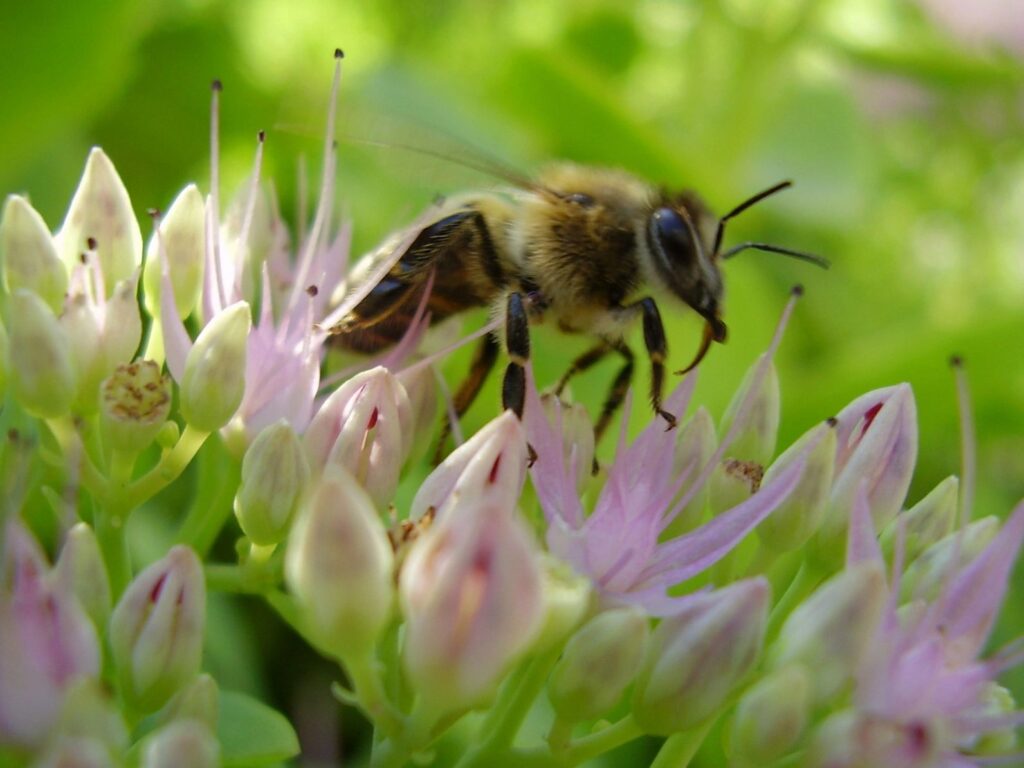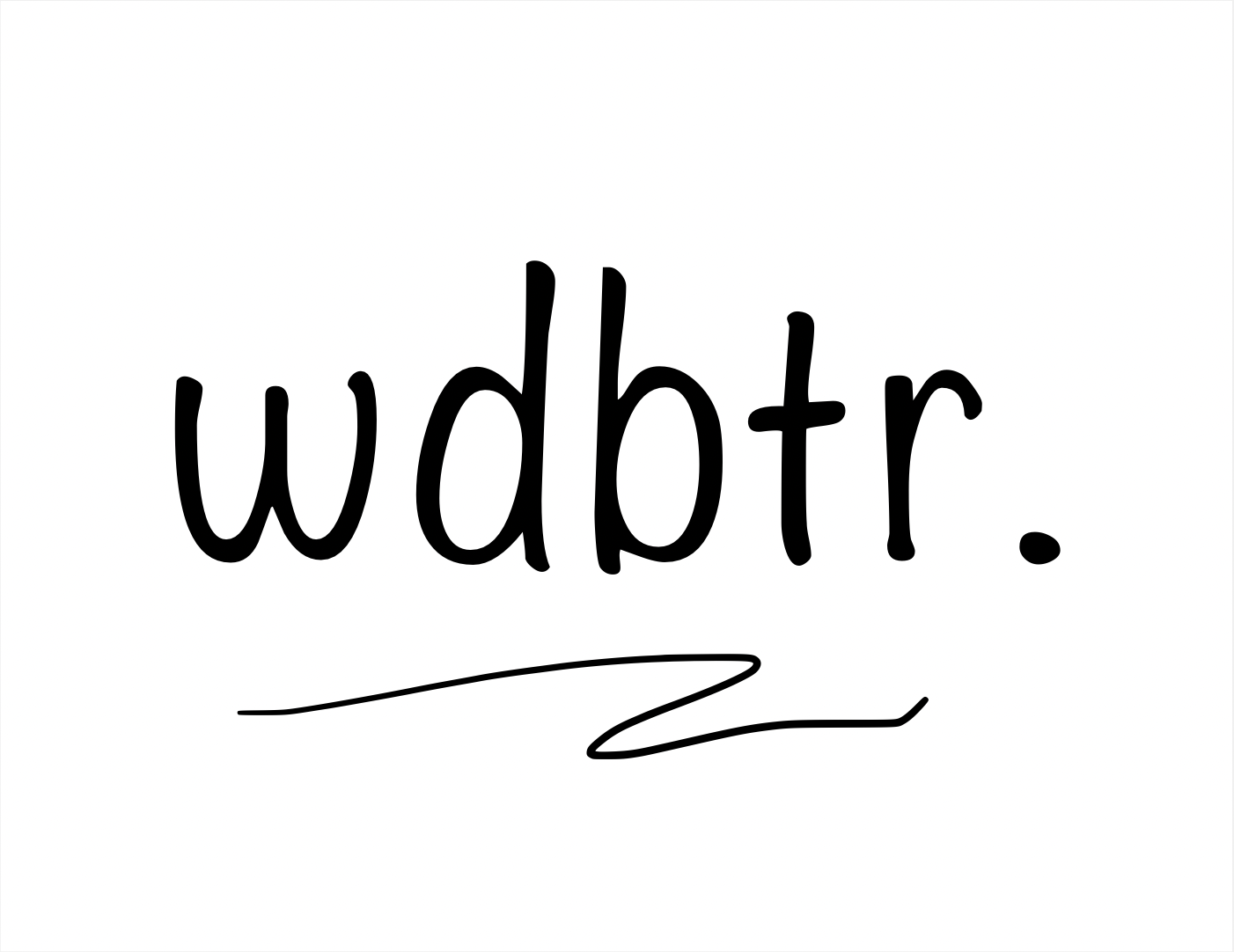
Scientists are asking for America’s assistance in their efforts to rename insects whose common monikers have been determined to be “inappropriate or offensive.”
The American Society of Entomologists (ASE) announced recently that the common names for the Coccinellidae family of beetles and the fly known as Cochliomyia hominivorax, respectively “ladybug” and “screwfly,” had been purged from their list of acceptable designations for the six-legged study subjects. The ASE confirmed the changes were made due to the sexist and inappropriate prejudice inherent in the use of those names, not to mention the virulent hatred engendered by their usage.
“What people call ‘ladybugs’ are not even ladies, as [they] are comprised of non-human males as well as females,” noted renowned entomologist Buford Graham. “Adult female humans are sometimes referred to as ladies,” he clarified.
Questioning the wisdom behind the practice of designating species in the Coccinellidae family as “adult female bugs,” Graham asserted that the misnomer has cost countless lives. “When Coccinellidae get spotted and then get called ‘lady’ or ‘ma’am’ by someone, that’s a signal to her predators that she’s gentle, she’s vulnerable, she’s a target. I cannot begin to imagine how many beetles could have been saved if all along we’d only called them ‘cougarbugs.’”
Decrying the mislabelling of C. hominivorax as the “screwfly,” Graham pointed out that screws have a multitude of uses and should not be stereotyped through an association with the bloodsucking burrower.
“Look, screws are useful,” he insisted. “They’re not this kind of nefarious or plotting thing that wants to burrow into your flesh and eat your insides, like the burrowing flesh-eater that is Cochliomyia hominivorax. Screws can be used for lots of positive, non-flesh-eating applications, like screwing electrical outlet covers onto the wall.
“Denigrating an entire simple machine by equating it with a vampiric flying insect that lays hundreds of eggs in exposed flesh that go on to hatch and become larvae that burrow deeper into the skin as they feed on subcutaneous tissue is an unwelcoming gesture toward marginalized communities.”
ASE spokespersons have been soliciting for aid in the monumental task of finding alternatives for a growing list of common names which scientists are only now realizing are hurtful or otherwise incorrect. Graham concluded, “The call is out: help us find new names for these animals who are suffering just because of how humans insensitively named them. Dragonflies have suffered needlessly by being ostracized over the fact people think they can breathe fire. And don’t get me started on cockroaches.”
